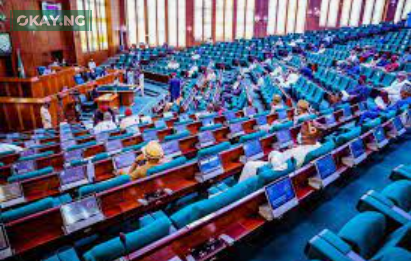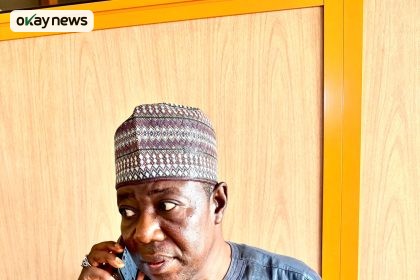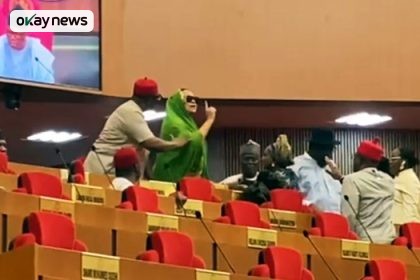The House of Representatives has intensified its probe into the ₦59 billion loan disbursed by the Central Bank of Nigeria (CBN) for the National Mass Metering Programme (NMMP), querying the Nigerian Electricity Regulatory Commission (NERC), Meristem Wealth Management Limited, and NESI–Stabilisation Strategy Limited (NESI-SSL).
The Joint Committee, chaired by Uchenna Okonkwo, revealed that preliminary findings showed irregularities in the administration of the NMMP, which was introduced by NERC in 2020 to bridge Nigeria’s metering gap, curb estimated billing, and boost local meter manufacturing.
“The review of the management of the programme has shown a lot of ambiguities, inconsistencies and contradictions which points to the fact that the programme has not been successfully handled to achieve the desired objectives,” Okonkwo said.
According to the committee, ₦55.42 billion of the ₦59.28 billion loan has already been disbursed, yet the goals remain unfulfilled. Documents presented showed that NESI-SSL was selected as the special purpose vehicle by the CBN, while Meristem Wealth Management Limited was designated as fund administrator.
The lawmakers also raised concerns that Meristem was granted approval to receive 0.5 percent of annual electricity distribution company (DisCo) collections until 2030, despite a lack of transparency in implementation.
Electricity distribution companies such as Abuja Electricity Distribution Company, Eko Electricity Distribution Company, Enugu Electricity Distribution Company, Ibadan Electricity Distribution Company, Ikeja Electricity Distribution Company, Jos Electricity Distribution Company, Kano Electricity Distribution Company, and Yola Electricity Distribution Company reportedly owe the CBN, yet NERC has not confirmed meter installations.
The Joint Committee warned it would invoke constitutional provisions against any party frustrating its probe. It directed NERC, Meristem Wealth Management Limited, NESI-SSL, and other relevant agencies to reappear at its next sitting.
okay.ng reports that the House is determined to hold stakeholders accountable to ensure Nigeria’s electricity consumers benefit from the metering scheme.







